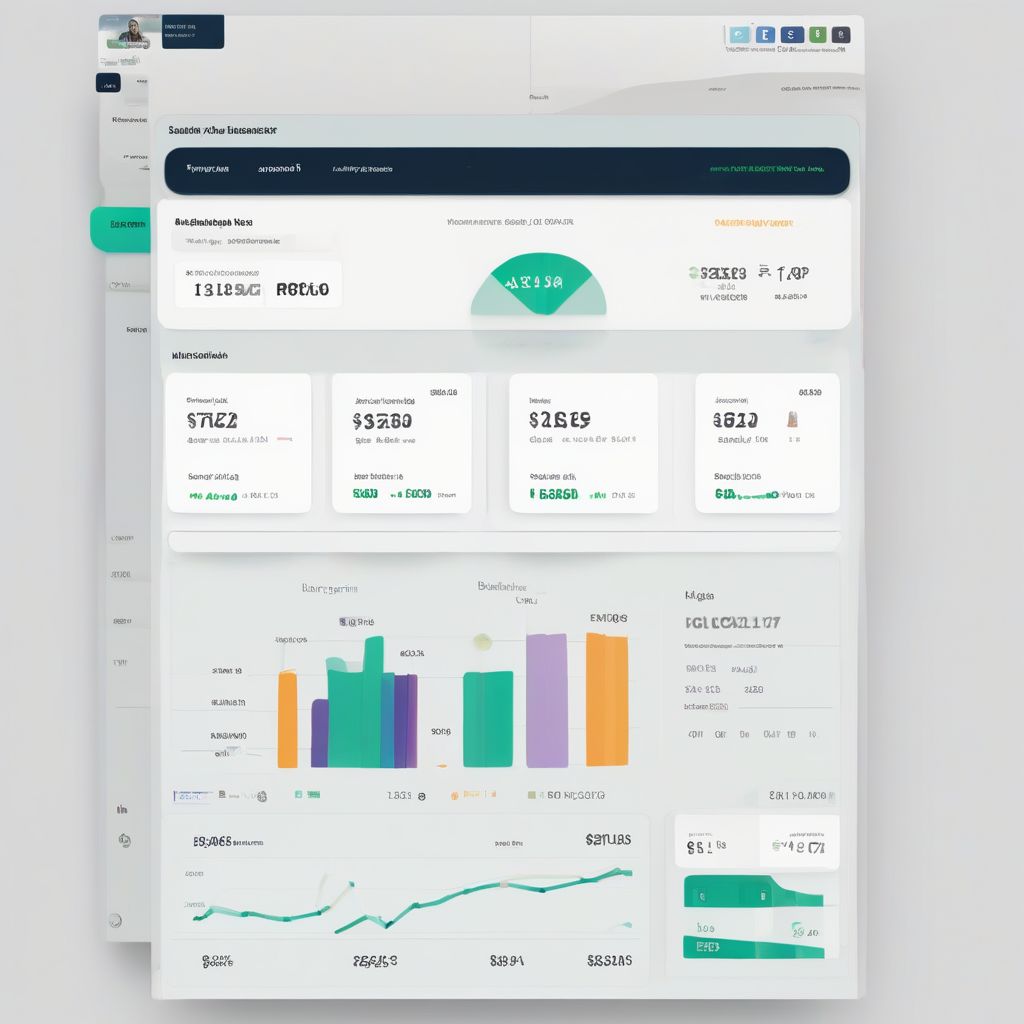Small Business Loans: Your Guide to Funding and Growth
Starting a small business takes a leap of faith, a dash of entrepreneurial spirit, and often, a healthy injection of capital. That’s where lozaviral.com/small-business-loans/">Small Business Loans come in, offering a lifeline for businesses to launch, operate, and expand. This comprehensive guide delves into the world of small business loans, equipping you with the knowledge to secure the right funding for your venture.
Understanding Small Business Loans
At their core, small business loans are financial instruments provided by lenders to businesses that meet specific eligibility criteria. These loans offer a lump sum of capital that businesses repay over a predetermined period, along with interest and fees.
Why are Small Business Loans Important?
Small businesses are the backbone of many economies, driving innovation, creating jobs, and fostering community development. However, securing adequate funding can be a significant hurdle for many entrepreneurs. Small business loans bridge this gap, providing the financial fuel needed to:
- Launch a New Business: Transform your business plan from a dream into reality by securing funding for initial expenses like inventory, equipment, and marketing.
- Manage Cash Flow: Smooth out seasonal fluctuations, cover unexpected expenses, or bridge the gap between invoices and payments.
- Invest in Growth: Expand your operations, purchase new equipment, hire additional staff, or invest in marketing to reach a wider audience.
Types of Small Business Loans
Navigating the world of small business loans can feel like traversing a financial maze. Here’s a breakdown of common types to guide you:
1. SBA Loans:
Backed by the U.S. Small Business Administration (SBA), these loans offer competitive terms and lower down payment requirements. Popular SBA loan programs include:
- SBA 7(a) Loans: The most versatile option, used for various purposes, from real estate to working capital.
- SBA 504 Loans: Specifically designed for fixed assets like land, buildings, and machinery.
- SBA Microloans: Smaller loans for startups and businesses with limited operational history.
2. Term Loans:
These loans provide a lump sum upfront, repaid over a fixed term, typically with fixed interest rates. They are suitable for specific investments or one-time expenses.
3. Business Lines of Credit:
Offering flexible access to funds up to a predetermined credit limit, these are ideal for managing short-term cash flow fluctuations or seizing unexpected opportunities.
4. Equipment Financing:
Specifically designed to finance the purchase of equipment, this loan type often uses the equipment itself as collateral.
Navigating the Loan Application Process
Securing a small business loan requires careful planning and preparation. Here are key steps to guide you through the process:
- Determine Your Needs: Clearly define your funding requirements and how you intend to use the loan.
- Check Your Creditworthiness: Lenders assess your credit history and financial stability. Maintain a healthy credit score and strong financials.
- Research Lenders: Explore different lenders and loan options to find the best fit for your business needs and financial situation.
- Gather Documentation: Be prepared to provide comprehensive financial statements, business plans, tax returns, and other relevant documents.
- Submit a Strong Application: Craft a compelling loan application highlighting your business’s strengths, financial stability, and growth potential.
Key Considerations When Choosing a Loan
- Interest Rates: Compare interest rates from different lenders to secure the most favorable terms for your loan.
- Fees: Be aware of any associated fees, including origination fees, closing costs, and prepayment penalties.
- Repayment Terms: Understand the loan’s repayment period, monthly payments, and any prepayment options.
- Eligibility Requirements: Ensure your business meets the lender’s specific eligibility criteria, including credit score, revenue, and time in business.
Conclusion
Small business loans play a pivotal role in fostering entrepreneurial success by providing access to essential capital. By understanding the different loan options, navigating the application process effectively, and carefully considering key factors, you can secure the funding needed to fuel your business’s growth and achieve your entrepreneurial aspirations.
Remember, this guide provides a general overview, and it’s crucial to consult with financial advisors and lending professionals to explore tailored solutions for your unique business needs.



